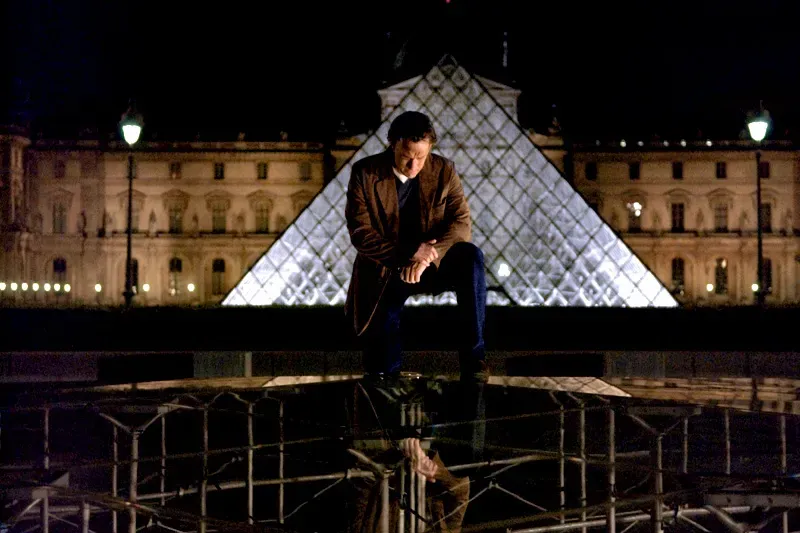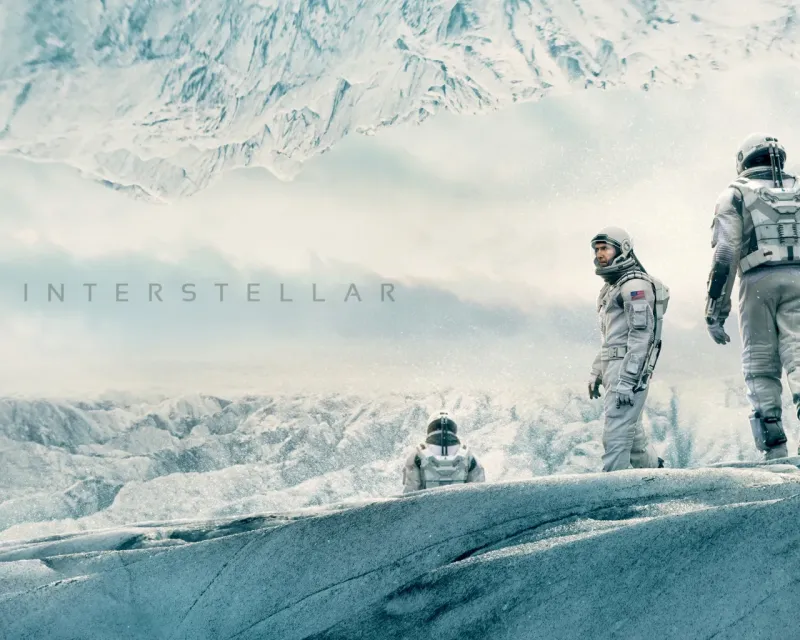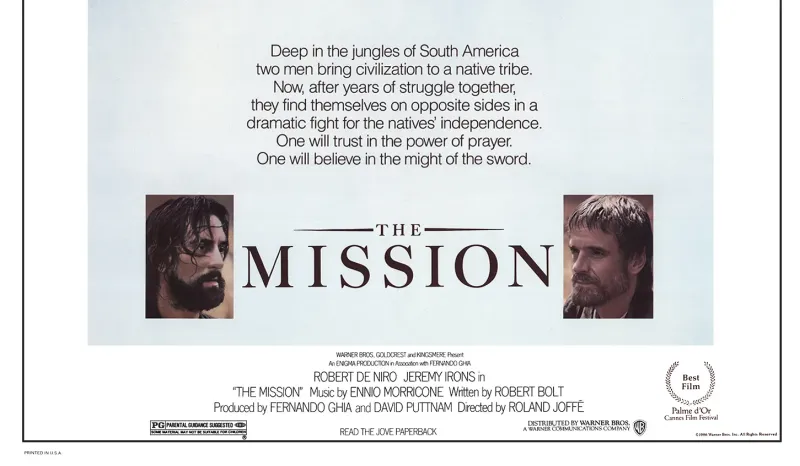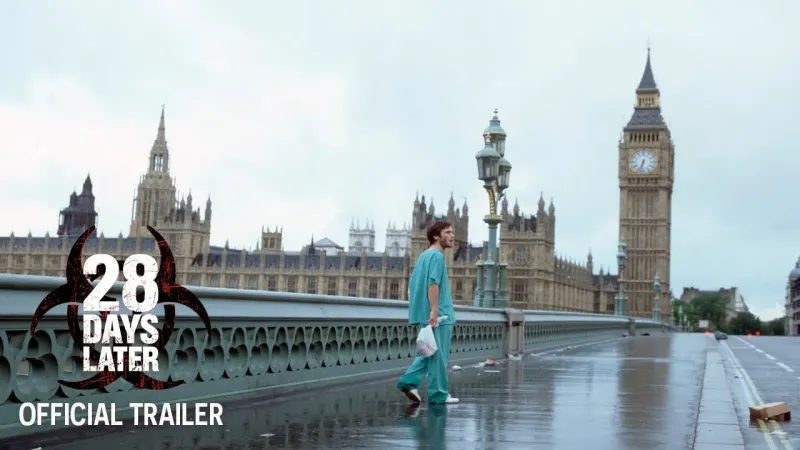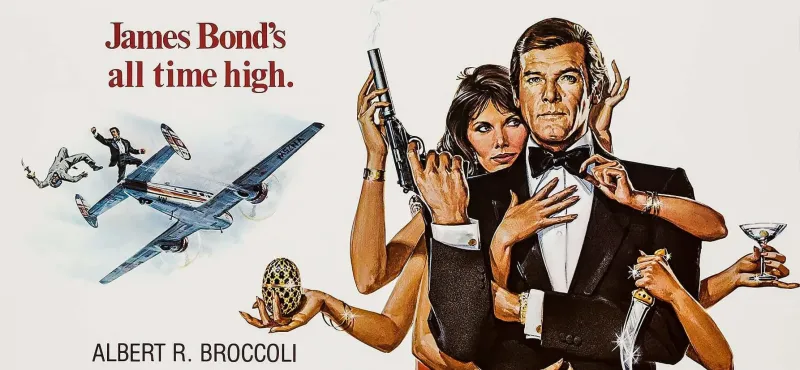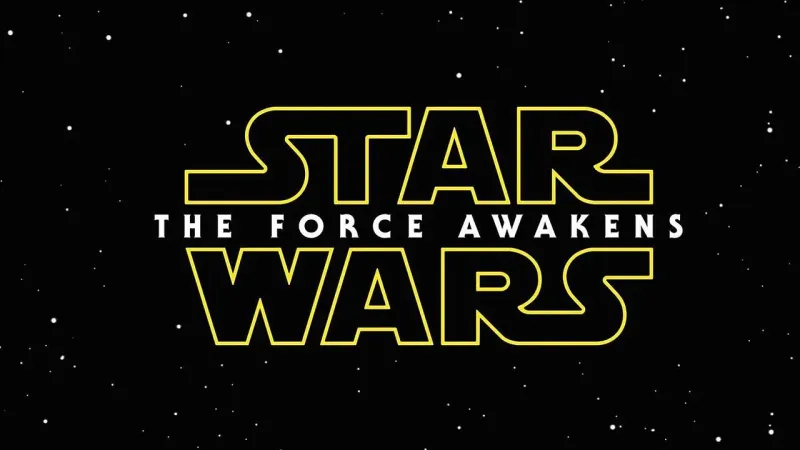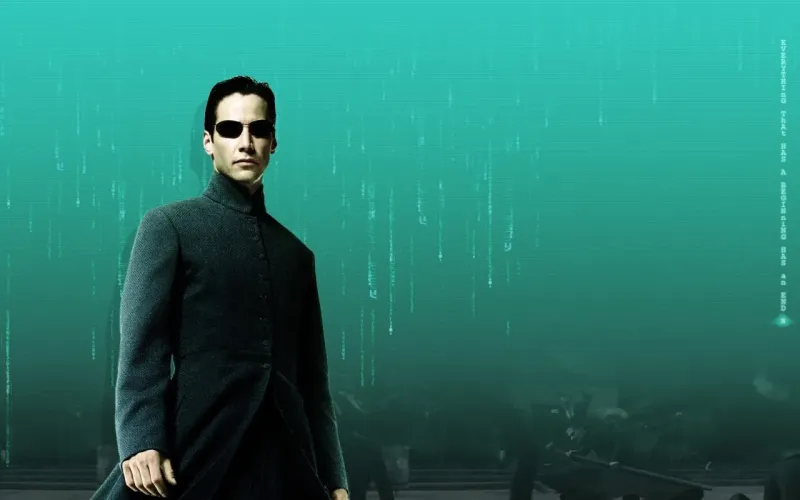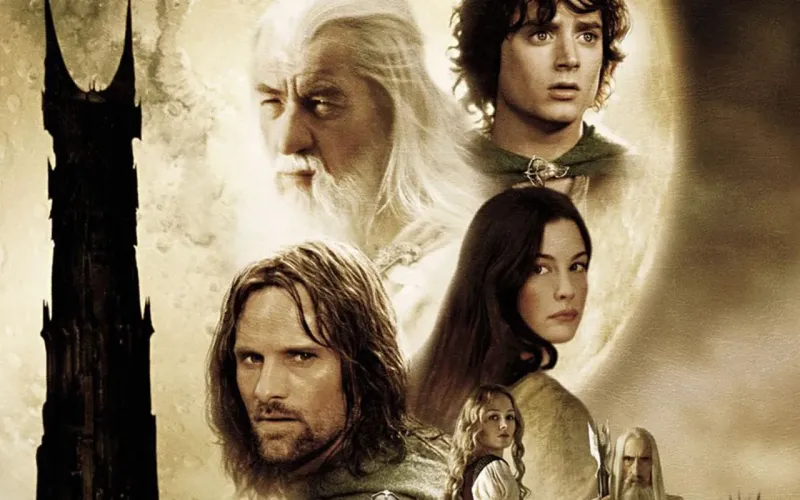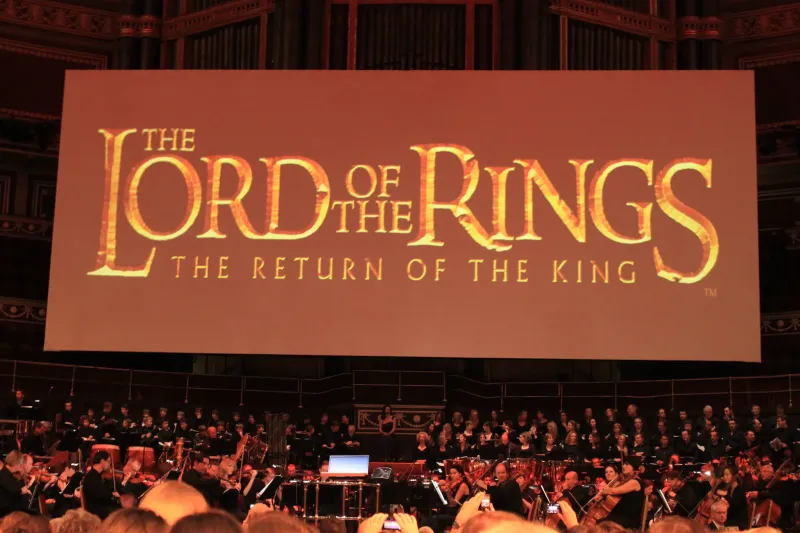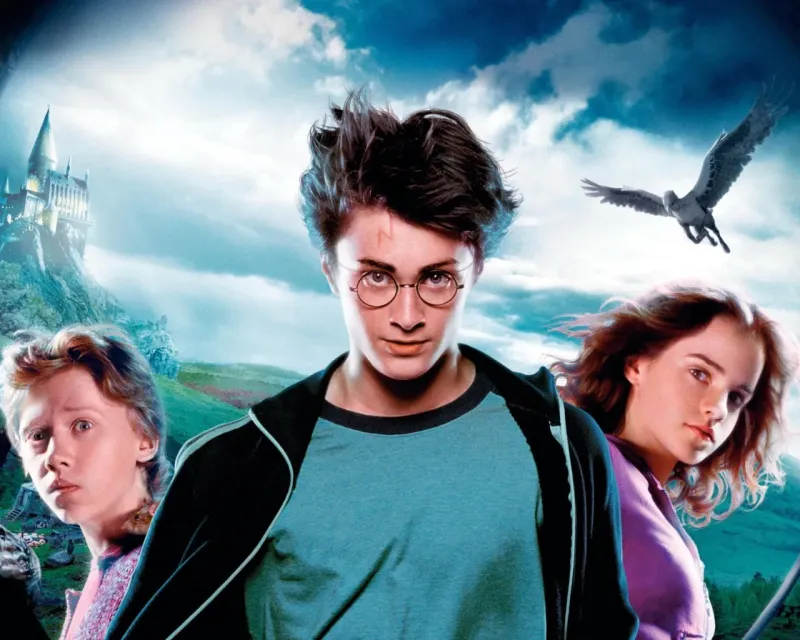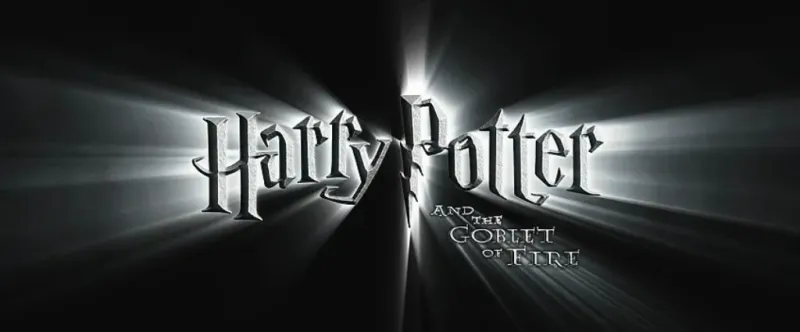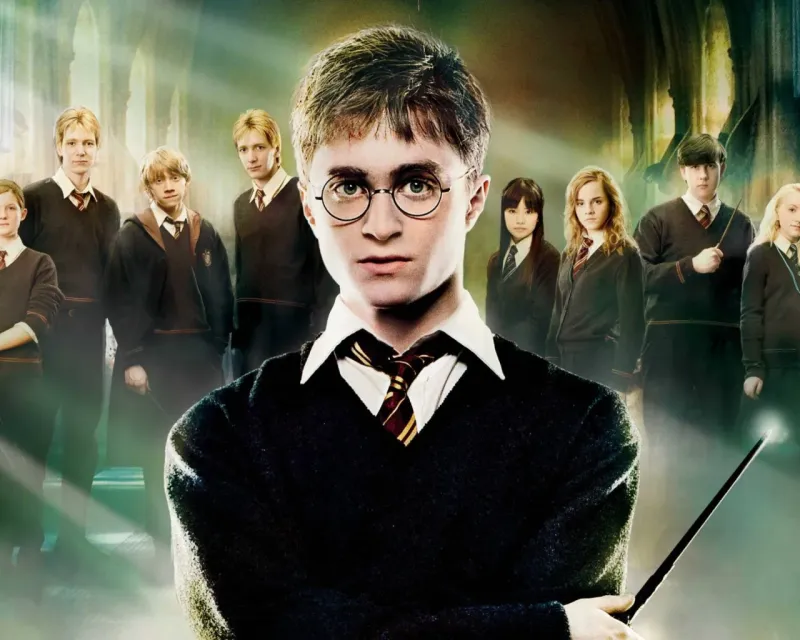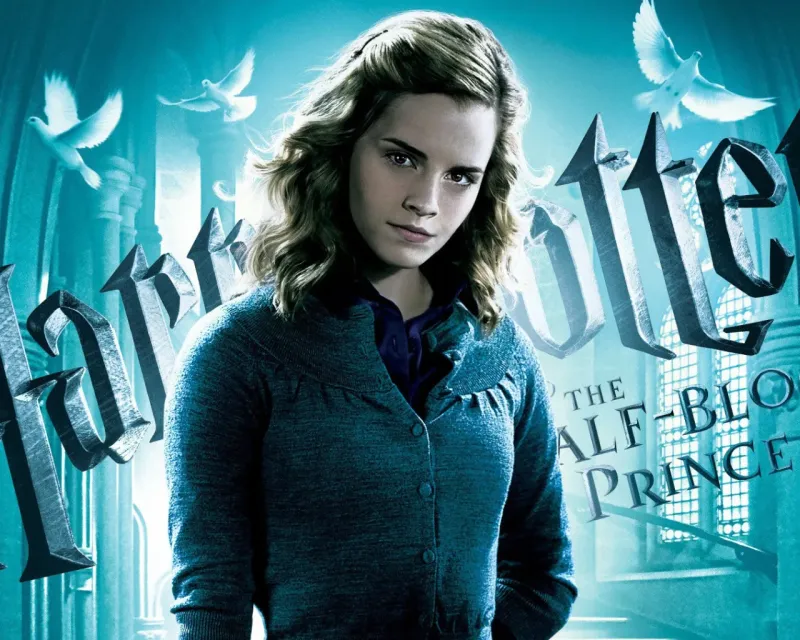Overview of The Da Vinci Code
The Da Vinci Code is a captivating mystery thriller film directed by Ron Howard, released in 2006. Based on Dan Brown's best-selling novel, the movie unfolds a gripping narrative that intricately weaves art, history, and religion. It follows the journey of symbologist Robert Langdon and cryptologist Sophie Neveu as they unravel a series of perplexing riddles. Set against a backdrop of iconic European landmarks, the film takes viewers on a suspenseful quest to uncover a hidden secret buried for centuries.
The film stars Tom Hanks as Robert Langdon and Audrey Tautou as Sophie Neveu, delivering compelling performances that drive the complex storyline. With a screenplay by Akiva Goldsman, the movie captures the intricate plot of the novel while adding visual and cinematic elements that enhance its appeal. The Da Vinci Code combines mystery and adventure, engaging audiences with its intricate narrative and thought-provoking themes, making it a memorable entry in the mystery thriller genre.
Key Features and Cinematic Elements
One of the standout features of The Da Vinci Code is its intricate plot, which blends historical facts with speculative fiction. The film explores themes of religion, art, and conspiracy theories, challenging viewers to question established beliefs. Its narrative is rich with symbols and codes, requiring the protagonists to solve puzzles that unlock deeper mysteries. This intellectual aspect, combined with fast-paced action sequences, creates a dynamic viewing experience that keeps audiences on the edge of their seats.
Visually, The Da Vinci Code is a treat, with stunning cinematography capturing the essence of its European settings. Filmed in locations like the Louvre Museum and Westminster Abbey, the movie immerses viewers in the historical and cultural contexts of the story. Hans Zimmer's haunting musical score further adds to the film's atmosphere, enhancing the tension and drama. These cinematic elements, coupled with a well-crafted narrative, make The Da Vinci Code a compelling film that appeals to both fans of mystery and those intrigued by historical fiction.
Impact and Cultural Significance
The Da Vinci Code had a significant impact on popular culture, sparking widespread interest in cryptography, art history, and religious symbolism. Its provocative themes and controversial interpretations of historical events stirred debates and discussions, ensuring its place in cultural discourse. The film's success at the box office demonstrated the public's appetite for stories that challenge conventional narratives, blending entertainment with intellectual exploration.
Beyond its entertainment value, The Da Vinci Code inspired a resurgence in interest in the works of Leonardo da Vinci and the mysteries surrounding his art. The film's portrayal of secret societies and ancient conspiracies has influenced numerous other works within the thriller genre. Despite facing criticism from some quarters, The Da Vinci Code remains a pivotal film that has shaped perceptions of historical fiction in cinema, leaving a lasting legacy that continues to intrigue and inspire audiences worldwide.
